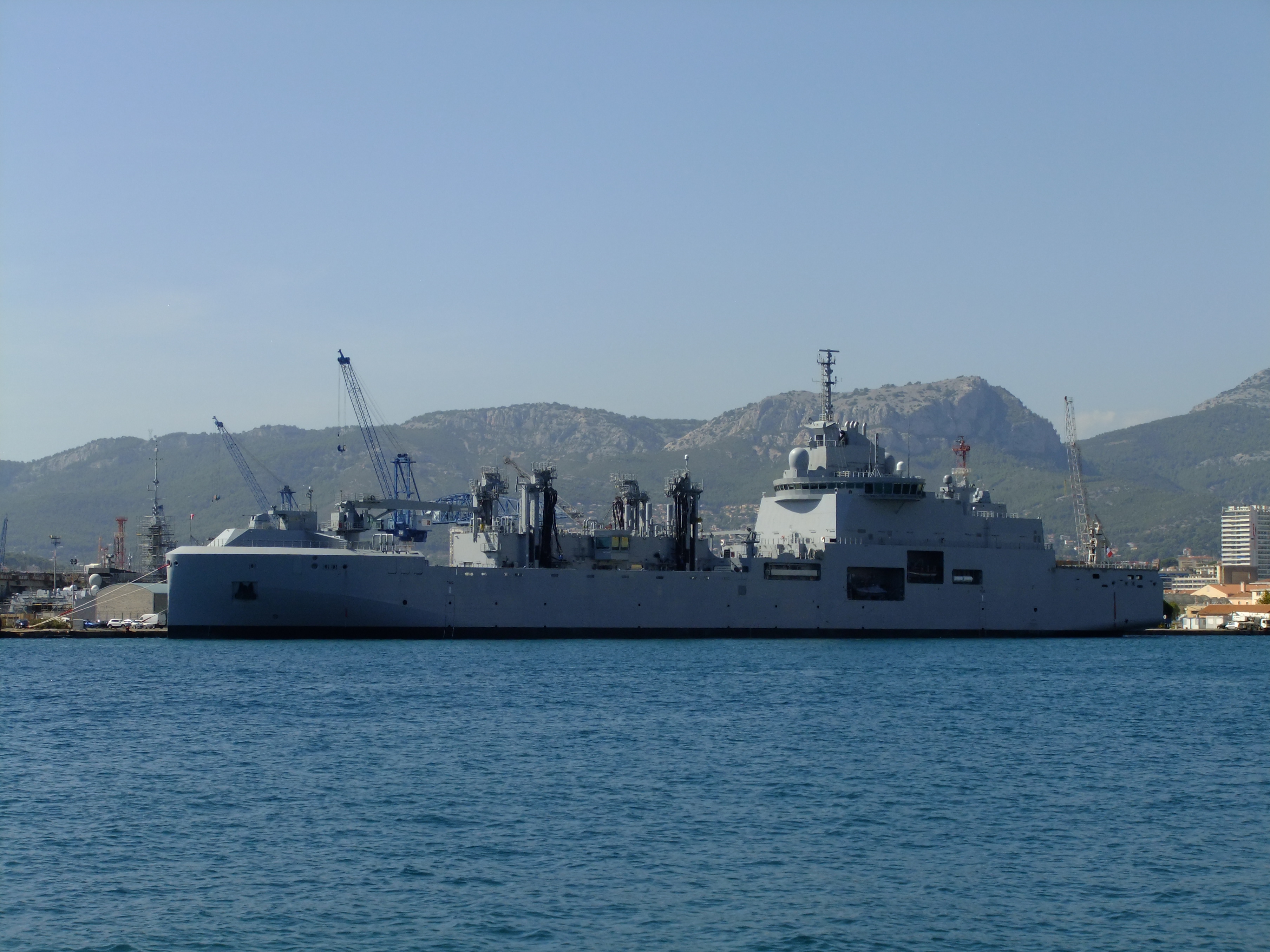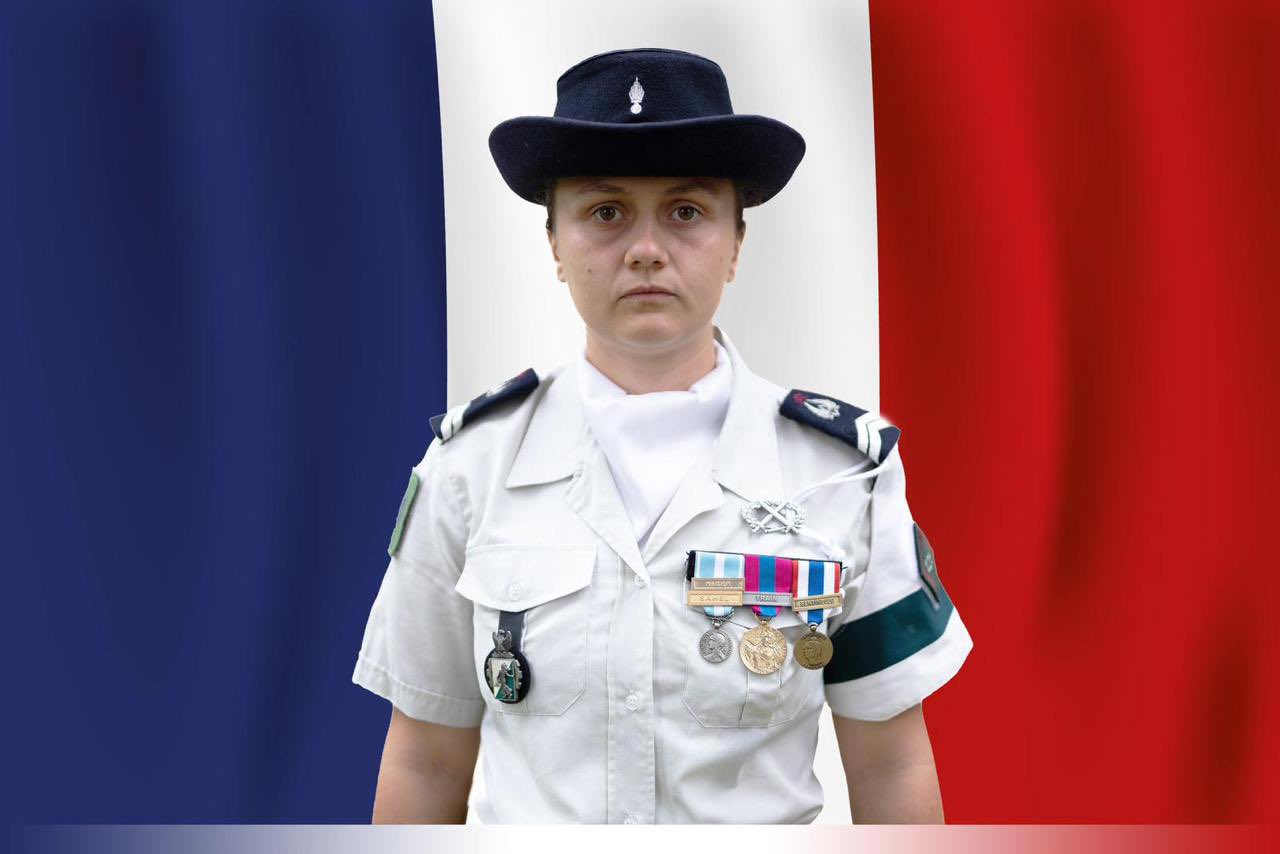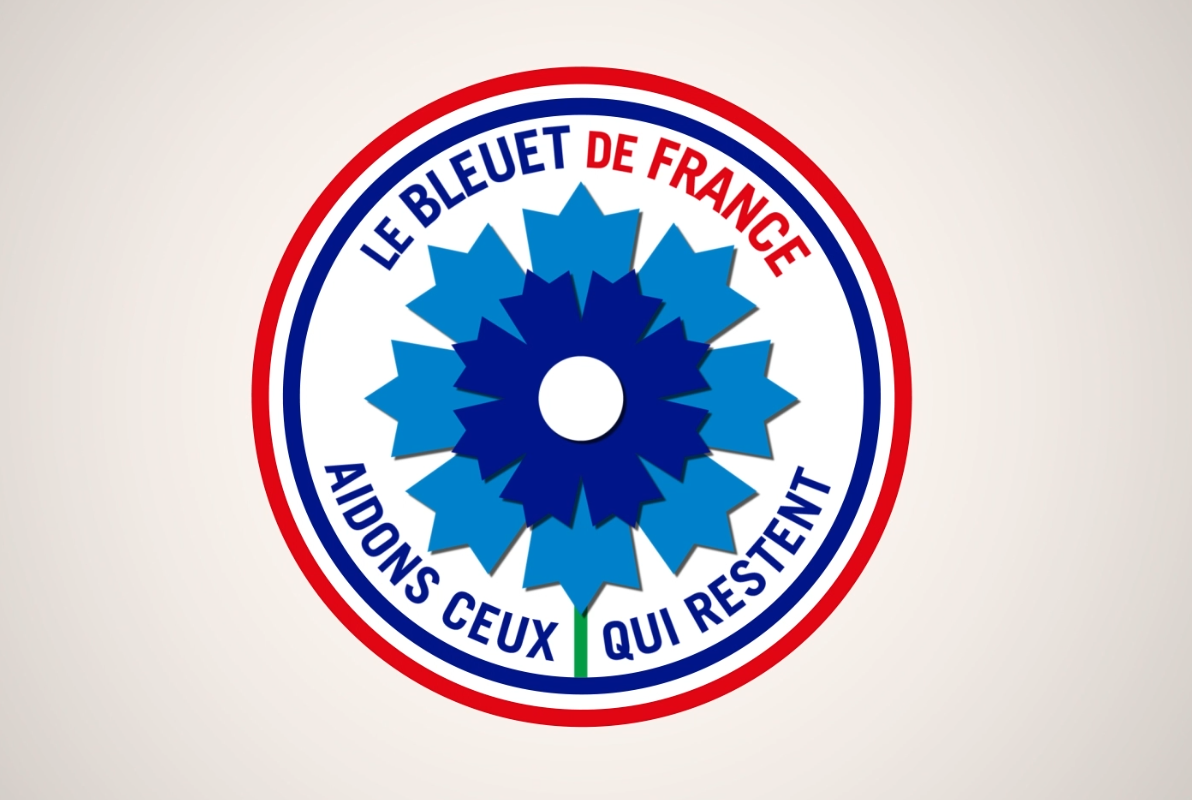La coordination locale de l’action de l’État en mer (AEM), assurée en métropole par le préfet maritime, est confiée, outre-mer, au délégué du gouvernement (DDG) ; mais à responsabilités égales et en dépit d’enjeux d’AÉM majeurs, les DDG ne disposent pas des mêmes structures que les préfets maritimes pour assumer ces fonctions. La récente évolution réglementaire (décret du 6 décembre 2005) n’a pas permis de réduire ce fossé. La nouvelle organisation outre-mer connaît cependant une évolution significative : prenant en compte la structure du commandement interarmées et la participation croissante des moyens des armées aux missions d’AÉM, elle érige le Comsup en conseiller du DDG pour l’emploi des moyens militaires. L’économie générale du système est cependant préservée, le commandant de zone maritime (Comar) conservant sa fonction d’assistant du DDG. De nouvelles évolutions structurelles sont cependant indispensables pour renforcer la nécessaire coordination de l’action de l’État en mer outre-mer.
L'action de l'État en mer outre-mer
The exercise of national maritime responsibilities in the overseas territories
The task of local coordination of the exercise of national maritime responsibilities (action de l’Etat en mer–‘AEM’), which in mainland France falls to the Préfet Maritime, is one that overseas is assigned to the Government Delegates (‘DDG’). Although they have similar duties, and despite the challenges posed by major national maritime involvement, the DDGs do not have the same structures as the Préfets Maritimes to help them fulfil their roles. A recent change in the law (the decree dated 6 December 2005) has done nothing to bridge this gap. The overseas organisation has, however, seen some significant developments: greater weight is now given to the joint-service command structure and the increased participation of defence resources in AEM tasks, and the senior armed forces commander becomes adviser to the DDG whenever the use of defence assets is involved. The generally simple nature of the system is, however, retained with COMAR (the maritime zone commander), keeping his role as assistant to the DDG. New structural changes are nevertheless essential to improve the coordination that is fundamental to the exercise of national maritime responsibilities overseas.








